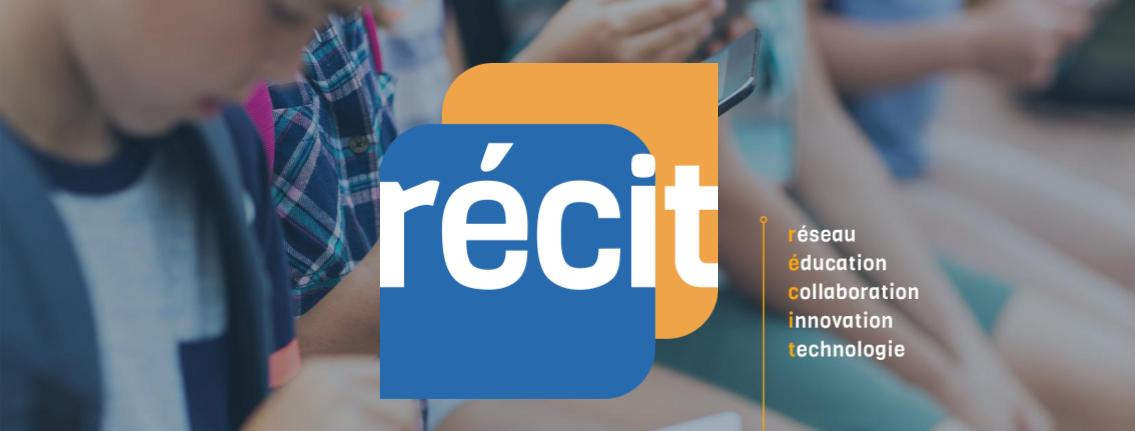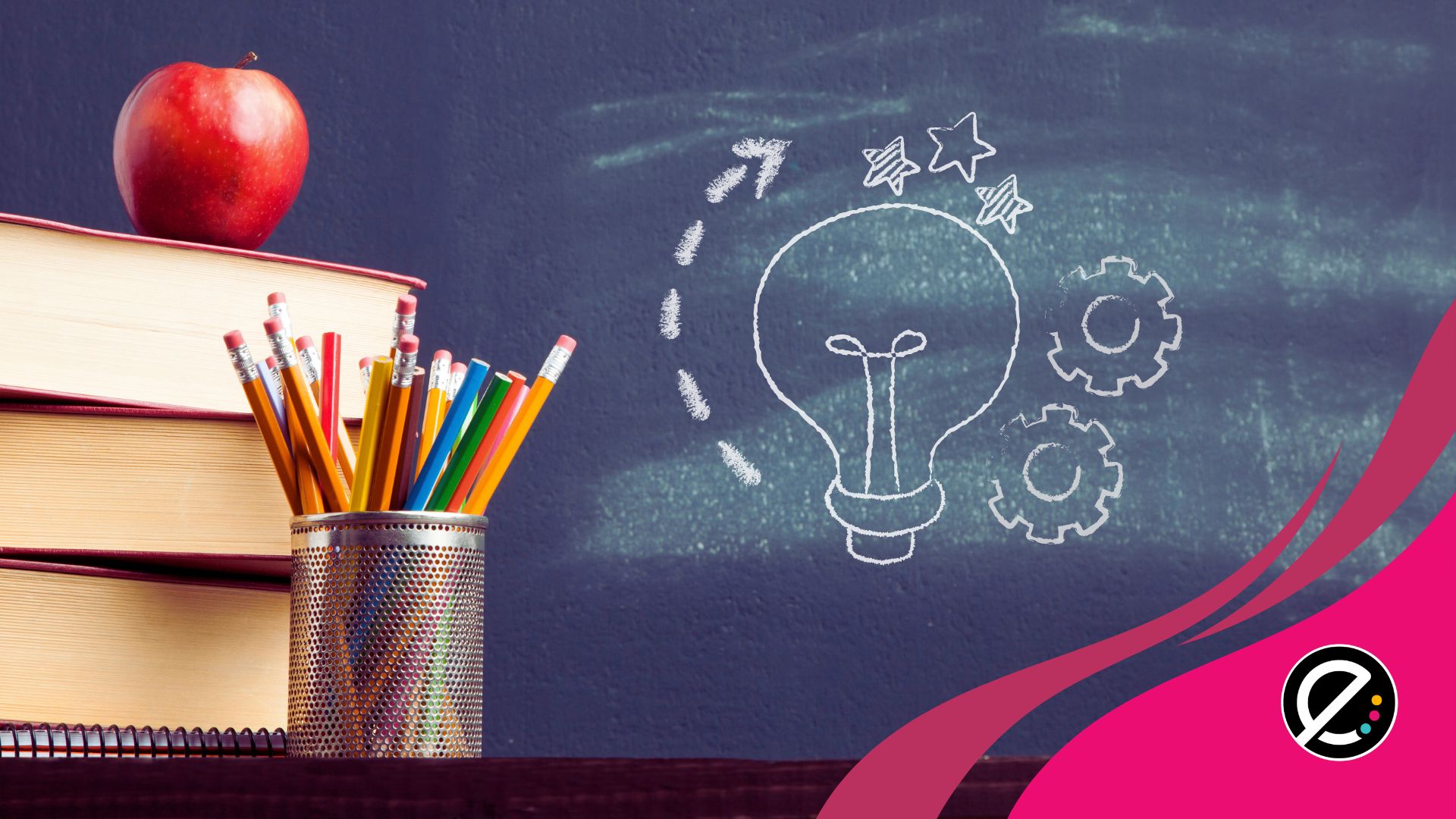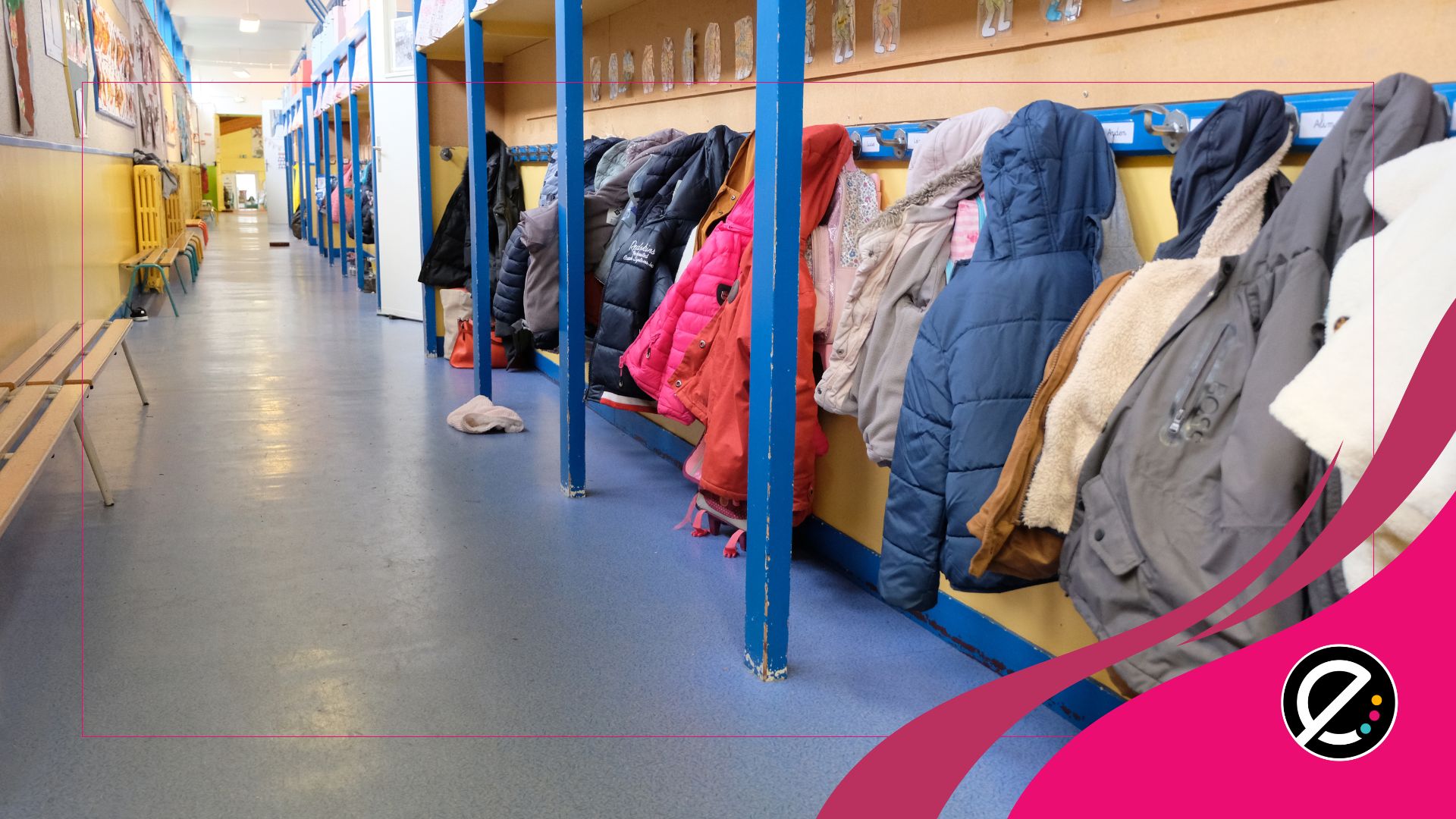Savoir reconnaître une information de qualité est un enjeu de plus en plus important pour bien vivre sa citoyenneté. Voici des ressources sur le sujet.
L’accessibilité du Web rend l’accès à l’information à la portée de tous. Cependant, cette facilité ouvre aussi grand la porte à la propagation de fausses informations. Le débat sur les fausses nouvelles a notamment été au cœur l’élection récente de Donald Trump, aux Etats-Unis. En effet, les fausses nouvelles se sont multipliées sur le Web et sur Facebook, entre autres, particulièrement dans les dernières semaines de la campagne électorale.
Catherine Mathys y faisait référence sur le site de Radio-Canada la semaine dernière et l’Agence Science Presse en avait même parlé avant l’élection. Ceci a-t-il influencé le vote?
Faire face au défi de distinguer le vrai du faux à l’école
Le Nouvel Observateur a publié l’an dernier un texte de Rose-Marie Farinella Elkabbach, enseignante à l’école primaire de Taninges, qui raconte la démarche qui a été entreprise dans cette école pour éduquer les élèves à discerner les vraies infos sur le net. Tout le matériel éducatif utilisé est disponible sur le site de l’Académie de Grenoble. Les enseignantes et les enseignants de partout pourront y trouver une belle source d’inspiration.
Le ministère français de l’Éducation a aussi organisé, l’an dernier, une journée d’étude sur le thème « Réagir face aux théories du complot », que France Inter a bien résumé dans un reportage comprenant également plein de liens vers des ressources utiles aux enseignants. Même le site Web officiel du gouvernement français fait une place (étonnante) à la lutte contre la manipulation de l’information.
Plus près de chez nous, Habilomédias a publié de nombreuses ressources pédagogiques au sujet de l’authentification de l’information. D’ailleurs, dans ce billet, Marie-Josée Archambault propose des pistes pour valider si une information est vraie ou fausse, comme celle-ci : « Est-ce que cette nouvelle qu’on a tellement envie de partager est diffusée ailleurs? Avec les outils de recherche offerts par le web, Google en tête de liste, cela devient un jeu d’enfant, au moyen de mots clé, de trouver rapidement confirmation ou infirmation d’une nouvelle ou d’une étude. »
Connaissez-vous d’autres ressources du genre? Si oui, n’hésitez pas à nous les partager en laissant un commentaire ci-dessous!






